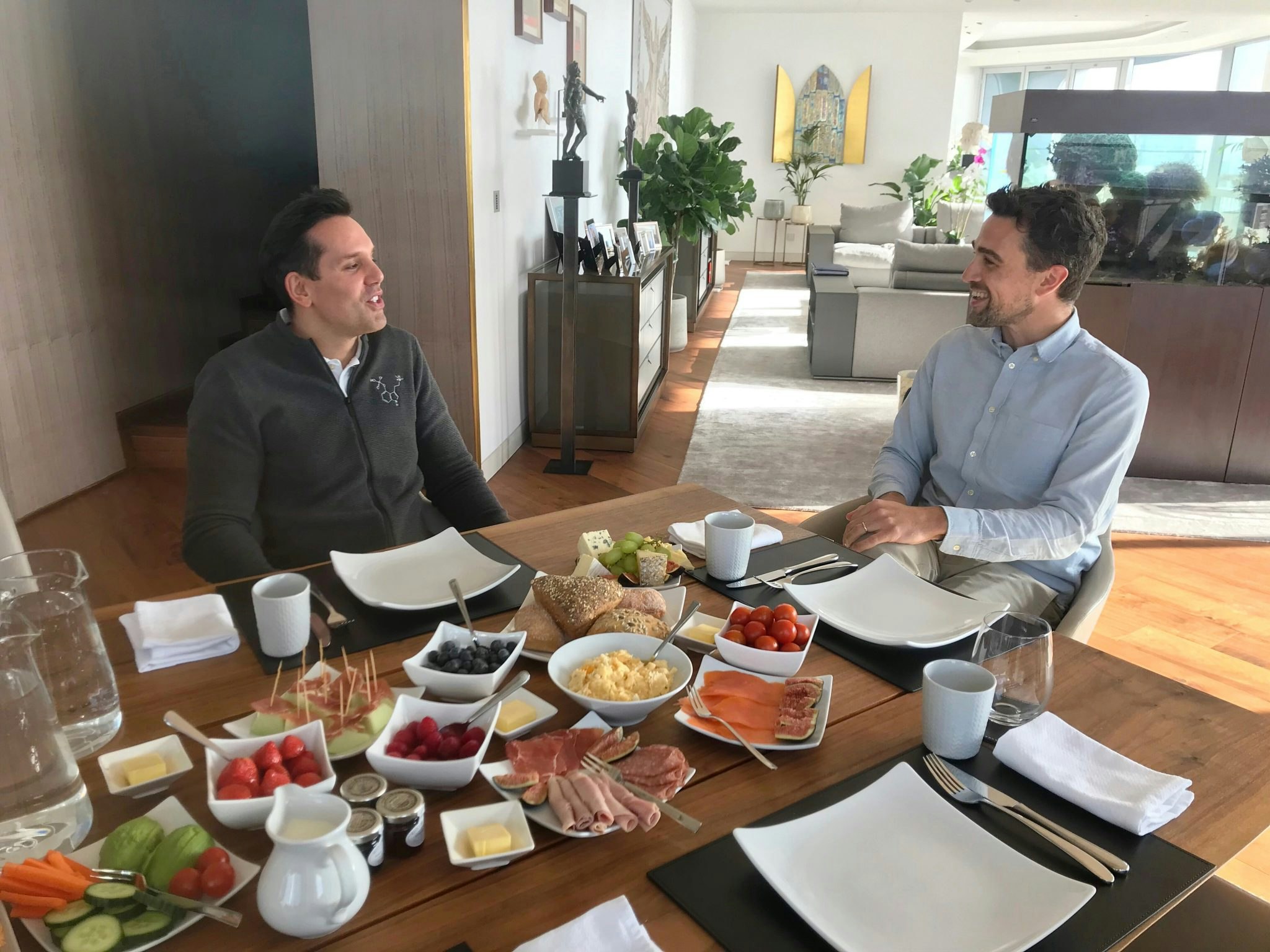Not everyone has been thrilled by the arrival of 'spiritual consultants' in the landscape of modern work.
This trend has been led by US organisations such as Ritualist and the Sacred Design Lab, which promise to bring “ancient wisdom”, “spiritual innovation” and “ritual audits” into the office.
A 2020 New York Times article profiling these companies, lauding their efforts to “soften cruel capitalism”, was met with a swift and damning backlash in the wider media.
The Guardian slammed these companies for “turning workplaces into sites of cult-like religious devotion”, while the popular left-wing Chapo Trap House podcast described the trend as the next “evil and terrifying” pursuit of “vampirically sucking employers”.
So are European workplaces following suit? And should they?
The Suited Monk
One man who believes they should is Raf Adams, a Barcelona-based spiritual consultant and business coach who works under the brand name The Suited Monk.
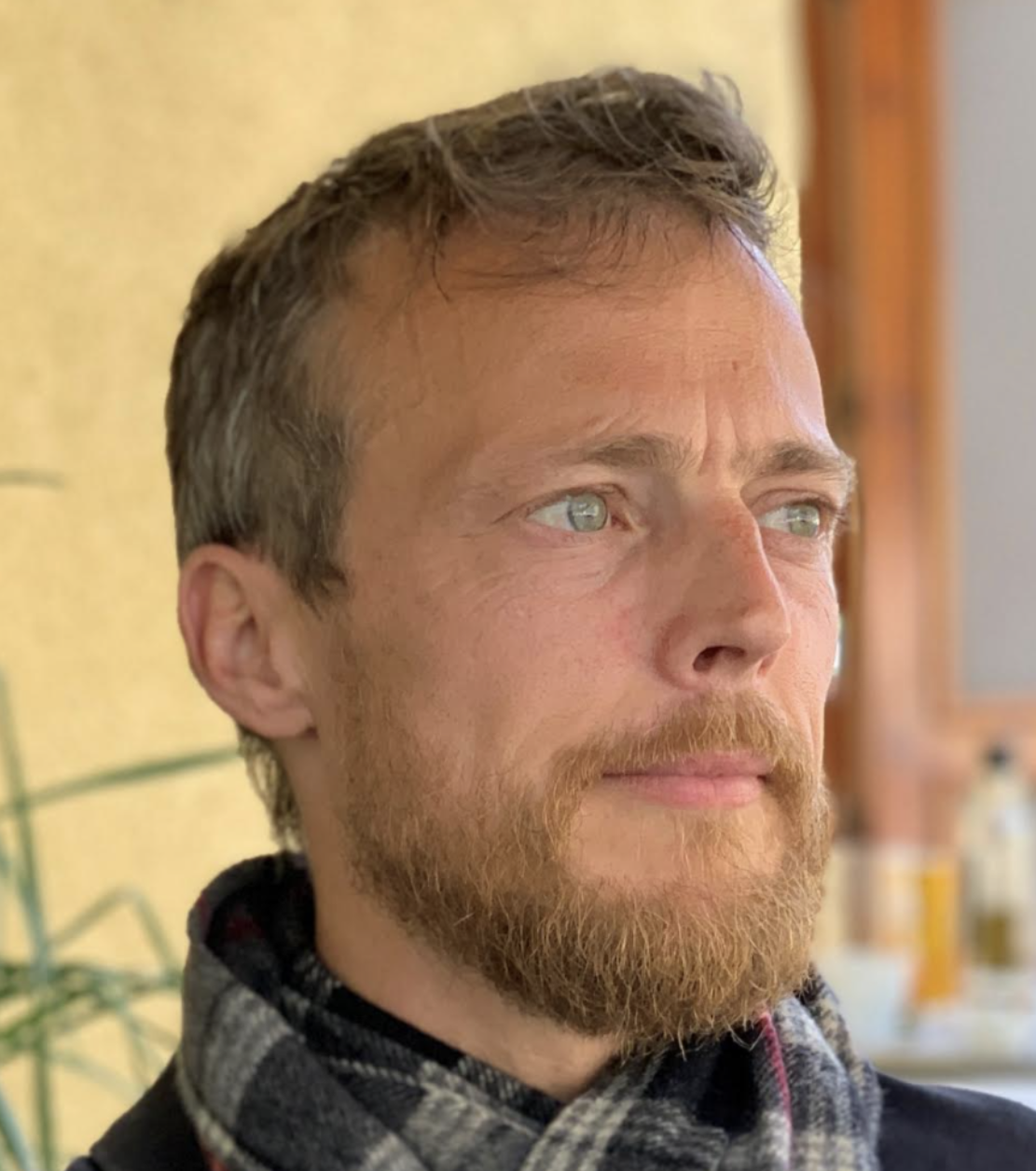
Adams is a committed spiritualist and trained in Qigong (an ancient energy-based practice found in both Buddhist and Taoist traditions), but says that when he speaks to European companies he has to dial down the metaphysical messaging.
“They're rational, they’re logical, they want tangible results. As soon as you go into the metaphysical, it's hard for them to understand,” he explains. “In the US the market is a lot more open than in Europe.”
Adams says that, rather than focusing his coaching sessions on a connection to a higher power or the divine, the message is more directed at connecting to the internal self.
“With my concept of The Suited Monk, I basically do two things: I help people understand — what is the suit? It's about job titles, the money that people have, their ego. Whereas the monk is your internal self, your purpose in life, your values, your intuition,” he tells Sifted.
What most people focus on in their life and career is the suit... but they're disconnected from who they are.
“What most people focus on in their life and career is the suit, they try to become successful in companies, they work really hard, they have a lot of responsibilities, but they're disconnected from who they are. So basically, I help leadership teams to bridge that gap,” he adds.
“Money is spiritual”
So, does he see any contradiction in trying to turn sacred or spiritual ideas into a business consultancy?
“Oh no, no. For me money is spiritual as well. Everything is spiritual, it just depends on how you look at it. If you just focus on the spiritual side, without thinking about reality, it's not going to work. You need to monetise and that's how we operate,” Adams says.
Adams’ approach certainly offers a softer spiritual touch than his US-based counterparts, who overtly namecheck the “ancient wisdoms” of Methodism, Judaism, Buddhism, Quakerism and Christianity as part of their consulting services.
This seems to be appreciated by one of The Suited Monk’s clients, Jordi Cebrian, general manager at Barcelona-based pharmaceutical distribution company DSINCO.
“He (Adams) was bringing ideas which were useful. Practical ideas that you can use, not theoretical things,” Cebrian tells Sifted.
Cebrian came across Adams when watching him speak at a conference, and decided his methods could be useful to address issues he was having with difficult members of his team.
It's very difficult to differentiate a person in the office and the person who you are in your personal life.
“I have a couple of employees who are good performers, but they are very aggressive people in terms of sales. They were burning out everybody around them,” he remembers. “He [Adams] had this idea that it's very difficult to differentiate a person in the office and the person who you are in your personal life. And then this idea that these two need to be in peace or equilibrium... I thought it was an interesting approach.”
Cebrian tells Sifted that The Suited Monk coaching and workshops were positive for his business, and helped the organisation define a culture that makes space for people to be their true selves.
Transcendental business
Cebrian isn’t the only European entrepreneur singing the praises of bringing a more spiritual mindset into the workplace.
Jos Verhoeven is the founder of Netherlands-based designer hat business ID Hats, and a strong believer in the power of transcendental meditation in business.
Transcendental meditation, or TM as it’s often called, is a form of silent meditation pioneered by Indian guru Maharishi Mahesh Yogi in the 1950s. The meditation technique is based on repeating an internal sound or mantra to one’s self as a means of clearing the mind of other thoughts.
The spiritual practice has been praised by celebs ranging from The Beatles to Hugh Jackman, and has been found to potentially lower blood pressure. For Verhoeven, TM is a valuable tool for making better decisions.
“TM takes care of a clear mind, and a clear mind feeds intuition,” he says.
Intuitive knowledge, as Verhoeven defines it, is what we use in making decisions that go beyond the numbers, metrics or bottom line.
“I use intuitive intelligence every day,” he says. “When you have a clear mind you ask yourself questions like, how do I feel about this? Is this good for the short term or for the long term? Is this good for the environment? Is this good for me? Is this good for my coworkers?”
The business of meditation
Verhoeven is convinced that his meditation practice has been a big factor in his business’s success, and some startups are now starting to sell that idea to other companies.
People are learning to tap into inner sources of strength. It's like a superpower.
My Method is a London-based startup that offers corporate classes in yoga, meditation and mindfulness, and founder Alix Waterhouse agrees with Verhoeven’s belief that meditation can give people an edge in their professional life.
“People are learning to tap into inner sources of strength. It's like a superpower,” she says. “Previously people in workplaces haven't had that. They've relied on caffeine and alcohol and other ways, which isn't sustainable and leads to burnout.”
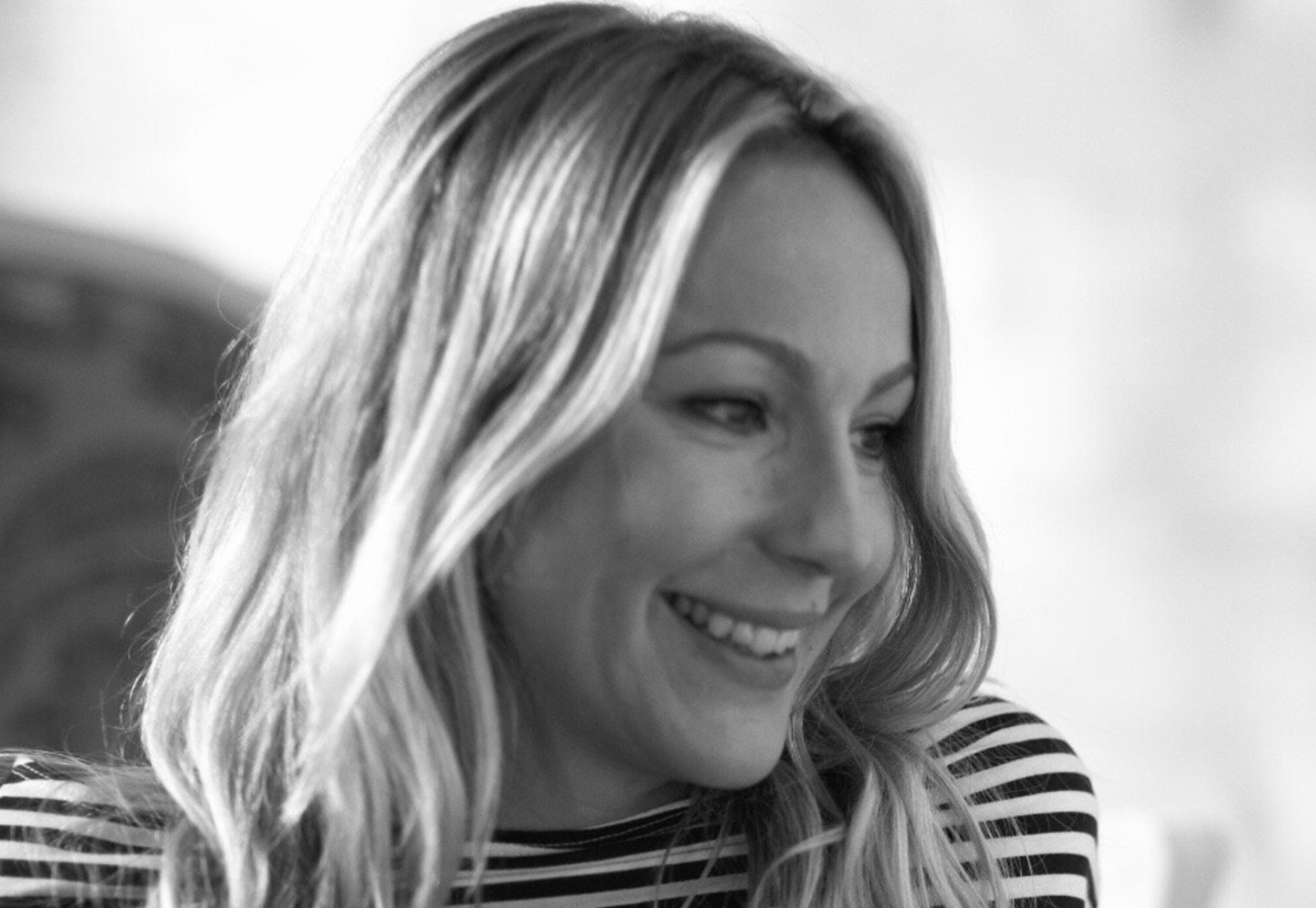
So how receptive are corporate teams when it comes to learning about an ancient spiritual tradition like yoga?
“Yoga has had a very ‘hippie dippie’ image. The way we present it is to demystify it,” she explains. “There’s a lot of confusing terminology so we just try to keep it really simple, so it's accessible for lots of people.”
Cultural appropriation?
Making yoga accessible to corporate teams might be good for combating professional burnout, but simplifying its ancient spiritual traditions does open up My Method to criticisms around the cultural appropriation of yoga.
This is something that Waterhouse is mindful of.
“Sanitisation of yoga is happening. Companies and individuals are moving into the space without the proper training or respect for tradition,” she says. “Instagram is awash with yogi’s doing headstands and contortions and, sadly, the physical practice without the spiritual element.”
She adds that all of My Method’s teachers have a minimum of 500 hours of training and a deep knowledge of yoga’s ancient roots.
That said, the startup’s messaging is very much couched in the language of wellness or wellbeing, rather than spirituality, and Waterhouse seems clear that this is what gets through to business leaders.
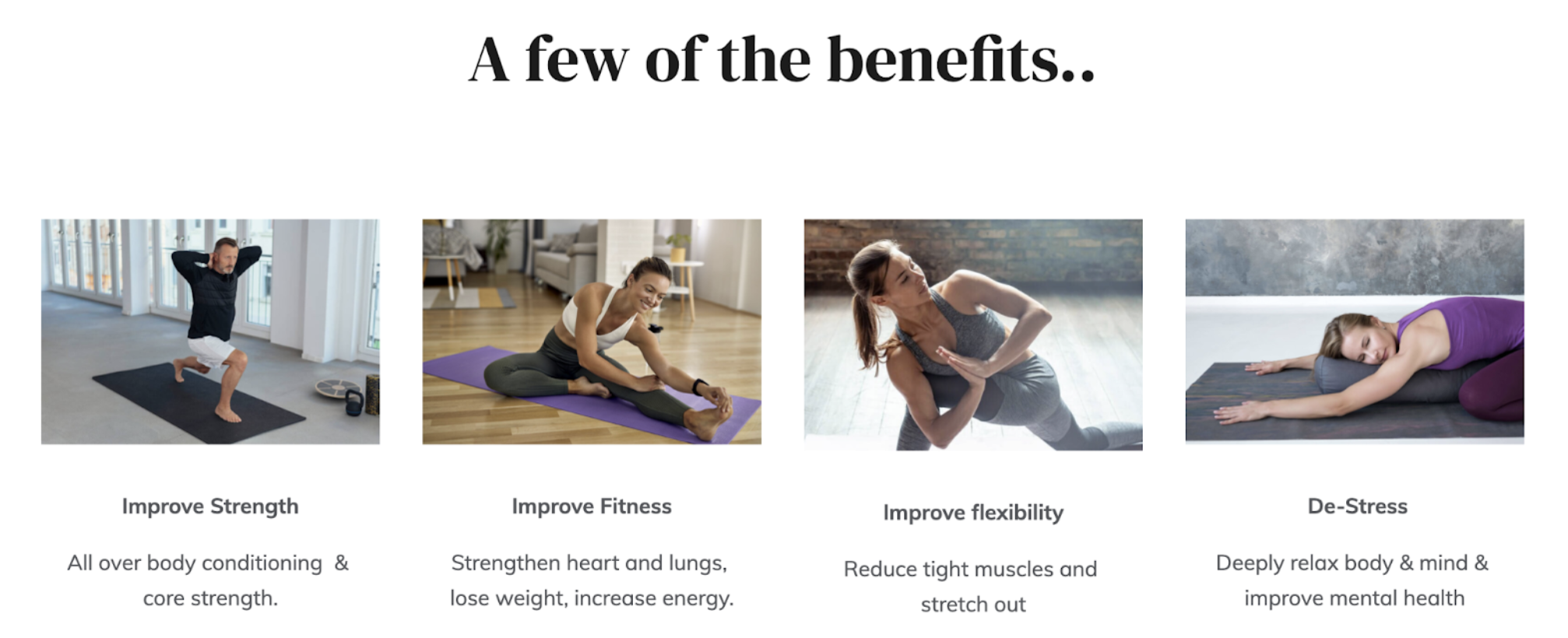
“For every pound spent in wellness, you save three pounds in sickness. People have known that kind of thing, but the impact of mental health and burnout (during the pandemic) has really affected businesses,” she says.
“A lack of belonging”
Growing awareness around mental health burnout might be driving more businesses to consider spiritual practices like yoga and meditation, but spiritual belief in the workplace is nothing new.
Arfah Farooq is an angel investor at Ada Ventures and the cofounder of Muslamic Makers, a community for Muslims working in tech. She believes that while bosses are embracing trends like mindfulness, religious practice is often not considered in the workplace.
“What's really interesting about the modern model is there's been a real shift towards mindfulness and yoga, and there's a lot of emphasis on that kind of practice. But then religious practice is still kind of deemed as something that’s a bit weird,” she says.
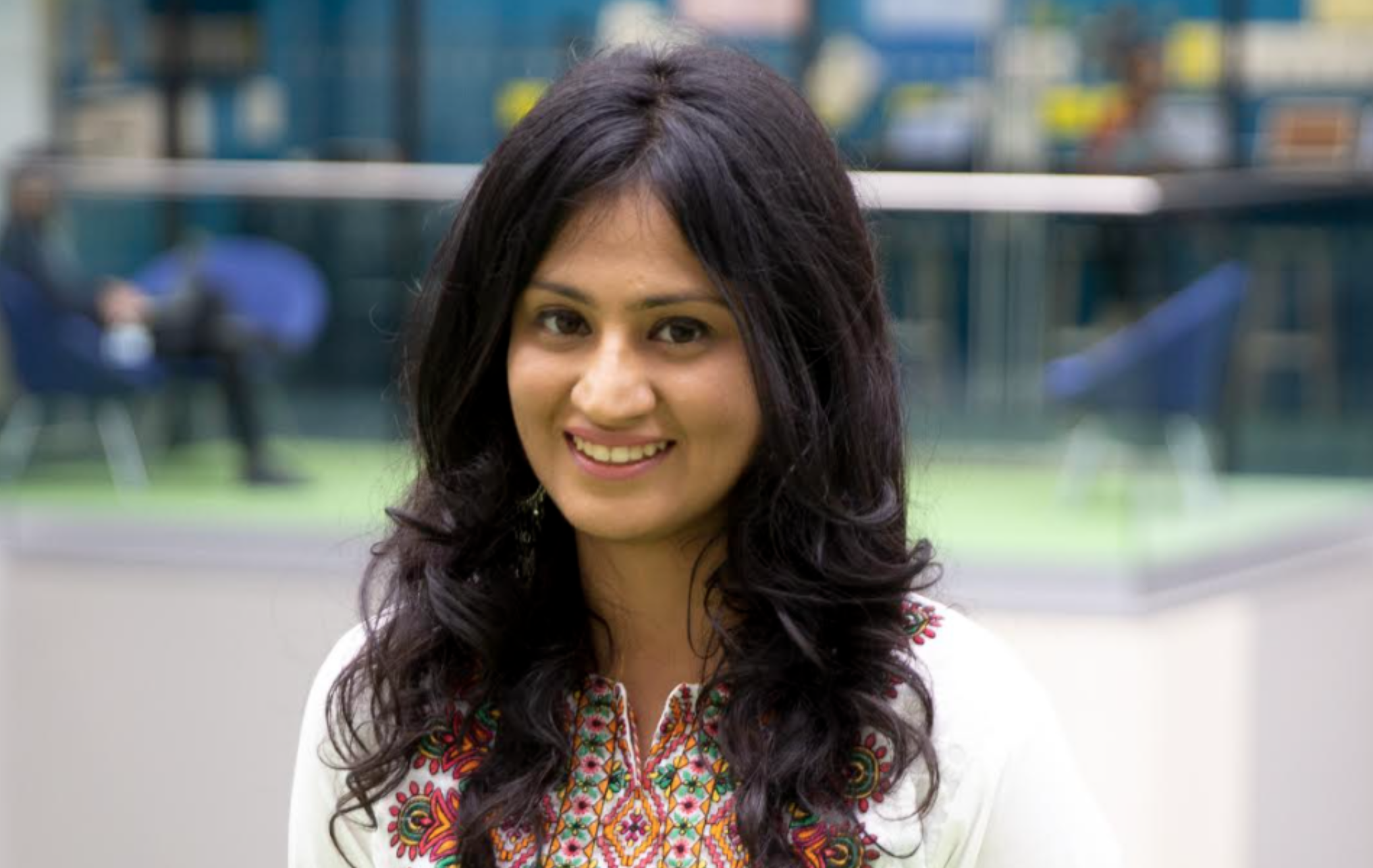
Farooq cofounded Muslamic Makers in 2016, partly in response to the focus on alcohol consumption at tech networking events.
“The real sticking point and why we founded it was actually to do with the fact that tech events were very boozy. It was like beer and pizza, beer and pizza,” she says. “You end up missing out on those kind of informal networking opportunities and educational opportunities. There's a lack of belonging.”
A place to pray
This lack of belonging isn’t something that’s only felt at networking events, according to Farooq. She remembers her early days working in London tech companies — where there wasn't any space to do daily prayers in private.
“A lot of the time in these tech companies, it's all obviously open plan. Glass meeting rooms, that kind of thing. So unless you're kind of loud and proud, and like, ‘Yeah, it's fine, I'll just pray in the corner,’ you don’t actually get that private space.”
Farooq says that things are improving, but that there’s still a long way to go to make people from different faiths feel welcome in the office.
Religion is like the forgotten diversity and inclusion characteristic.
“Religion is like the forgotten diversity and inclusion characteristic. Often we think about skin colour, disability, sexuality, etc. But religion, I often feel like, is actually a very hidden thing.”
The need for an organisation like Muslamic Makers is testament to the fact that spiritual belief is something that’s often sidelined in Europe’s highly secular professional culture. Whatever your spirituality, Farooq is clear that we all have a lot to gain from making space for everyone’s beliefs in the workplace:
“If you want to build a diverse and inclusive workforce, something as basic as a private room — not just for the Muslims that pray, but for the introverts, for the people that want to practice mindfulness — it can go a very long way.”



